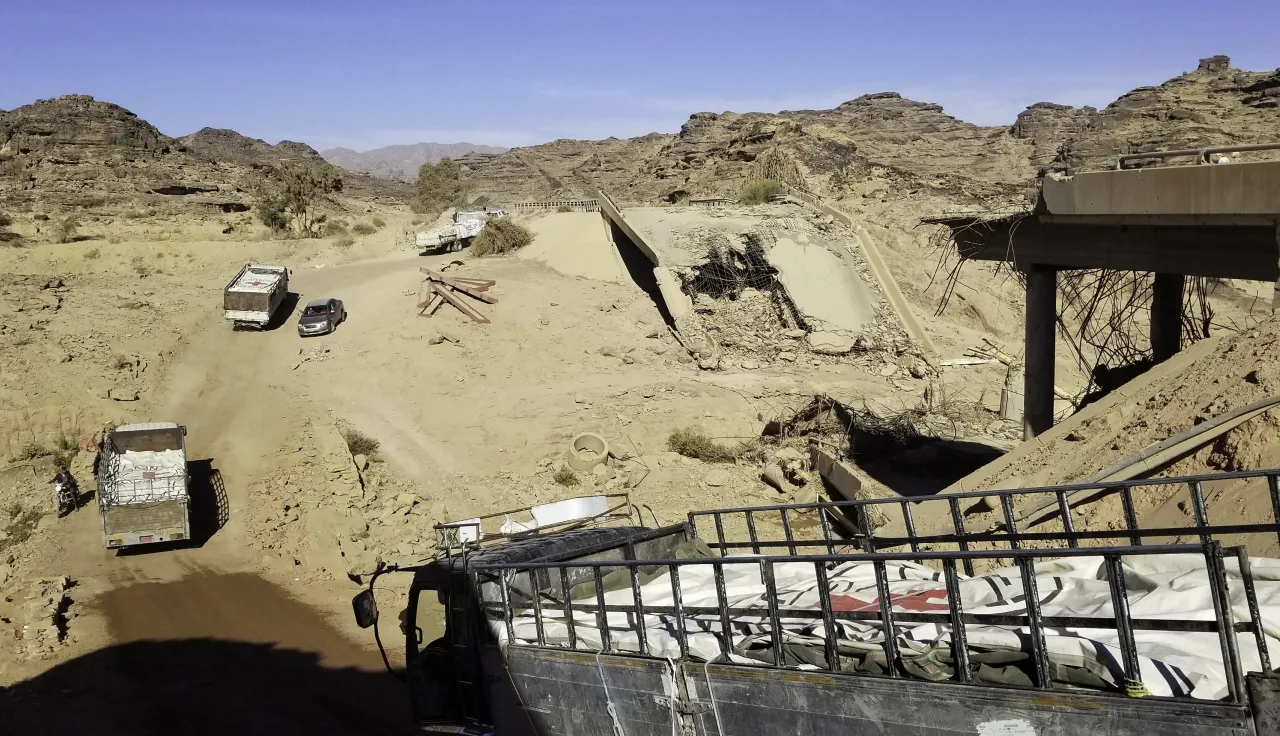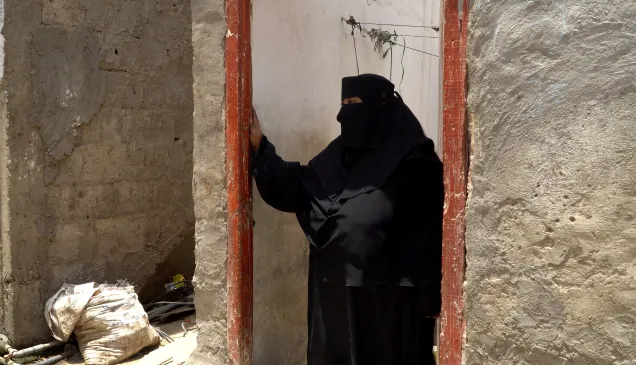Yemen Conference 2021
High Level Pledging Event For the Humanitarian Crisis in Yemen
1 March 2021, via video
Excellencies, ladies and gentlemen, thank you for giving the International Committee of the Red Cross the opportunity to speak today.
The challenges in Yemen are multi-layered, inter-linked and massive.
One of those challenges - as this conference rightly draws attention to – is food insecurity.
Yemen faces the largest food security emergency in the world today. Protracted conflict, economic collapse, restrictions on imports, displacement, unemployment and the impact of COVID-19 have all played their part in creating this situation.
The result? Twenty million people food insecure and 3.2 million women and children acutely malnourished.
The imperative is to act now. Practically, financially, morally.
The issue of food security cannot be viewed in isolation. It's one piece in a tragic mosaic of humanitarian challenges in the country:
- The health sector is in shambles, and facilities are destroyed by violence and war;
- Access to clean water is a massive challenge; and we have seen how the spread of disease can threaten communities on a large scale.
Other challenges must not be forgotten:
- International Humanitarian Law has been flouted and disregarded for too long, and on too many occasions. IHL needs to be respected for the benefit of all.
- The files related to the missing, the detained and the dead cannot be ignored any longer. For the sake of families left behind, they need to be addressed.
- Practical issues such as the non-payment of salaries to civil servants and the continued closure of Sana'a airport must also be dealt with.
And, of course, there are many more challenges.
In short, massive challenges require a massive response. That includes giving humanitarian organisations access to do their work. It also includes drastically increasing economic opportunities for all.
The Red Cross Red Crescent Movement, including the Yemen Red Crescent Society, the ICRC, the IFRC and Movement partners, is playing its role in a whole range of areas.
Together with the Yemen Red Crescent, we're providing supplies to treat the war wounded and giving food to help those affected by the recent flare-up on the Marib frontline.
Too often the ultimate price is paid: the Yemen Red Crescent has seen ten of its volunteers killed. My organization has tragically lost seven staff. I cannot emphasize this enough: Humanitarian workers need access to do their jobs, but they also need protection and security guarantees.
Ladies and gentlemen, we know the humanitarian issues facing the Yemeni people. The point is that our response needs to meet the scale of the challenges we face.
But more than this. It requires the right combination of skills, knowledge, expertise, commitment and resources. Our collective response must remain complementary.
We all bring something different to the table: it makes us more efficient, more effective.
The ICRC is playing its part and we remain committed to the people of Yemen.




